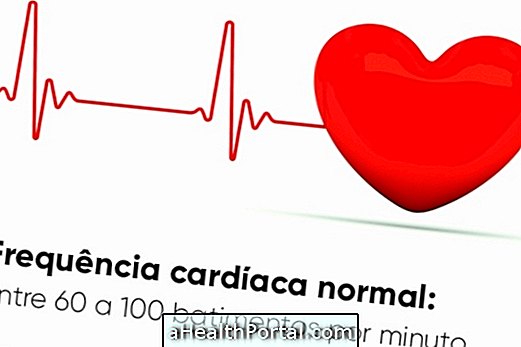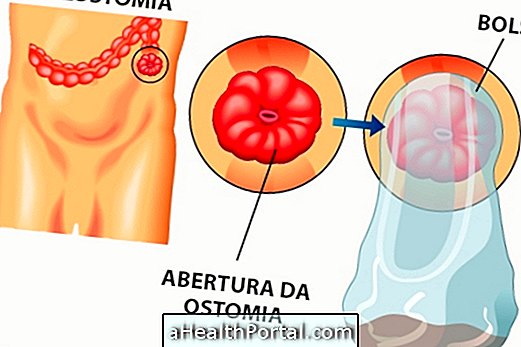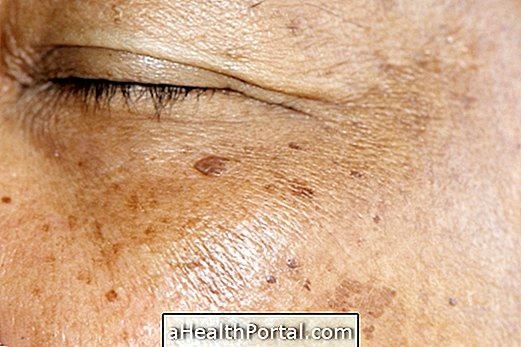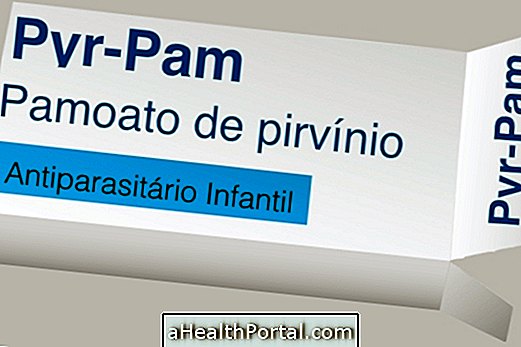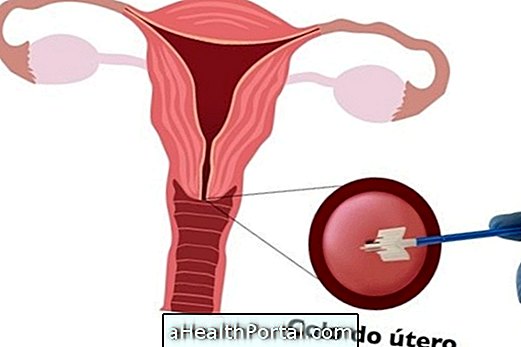Hepatopulmonary syndrome is characterized by a dilation of the arteries and veins of the lungs that occur in people with high blood pressure in the portal vein of the liver. Due to the enlargement of the arteries of the lungs, the heart rate increases so that blood that is pumped into the body does not have enough oxygen.
The treatment of this syndrome consists of oxygen therapy, reduction in portal vein pressure and in more severe cases liver transplantation.
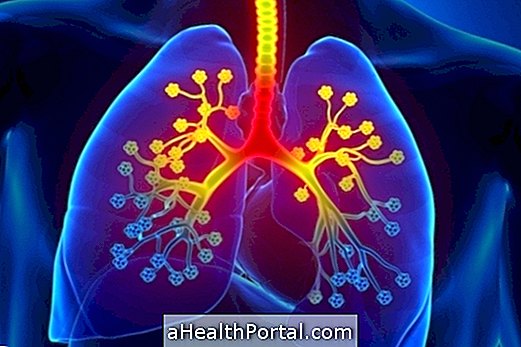
What are the symptoms
Symptoms that can occur in people with this syndrome are shortness of breath when standing or sitting. In addition, most people with hepatopulmonary syndrome also have symptoms of chronic liver disease, which can be varied depending on the problem that causes it.
What causes hepatopulmonary syndrome
Under normal conditions, endothelin 1 produced by the liver has the function of regulating pulmonary vascular tone and when it binds to receptors located in vascular smooth muscle tissue, endothelin 1 produces vasoconstriction. However, when it binds to receptors located in the pulmonary vascular endothelium, it produces vasodilation due to the synthesis of nitric oxide. Thus, endothelin 1 balances its vasoconstrictive and vasodilatory effect and helps maintain pulmonary ventilation within normal parameters.
However, when hepatic damage occurs, endothelin reaches the pulmonary circulation and interacts preferentially with the pulmonary vascular endothelium, promoting pulmonary vasodilation. Moreover, in cirrhosis there is an increase in levels of tumor necrosis factor alpha, which contributes to the accumulation of macrophages in the lumen of the pulmonary vessels that stimulate the production of nitric oxide, also triggering pulmonary vasodilation, hindering the oxygenation of all pumped blood to the lung.
How is the diagnosis made?
Diagnosis consists of medical evaluation and exams such as contrast echocardiography, nuclear lung scintigraphy, lung function tests.
In addition, the doctor can also measure the amount of oxygen in the blood through oximetry. See what is oximetry and how it is measured.
What is the treatment
The main treatment for hepatopulmonary syndrome is the administration of supplemental oxygen to relieve shortness of breath, however over time the need for oxygen supplementation may increase.
Currently, no pharmacological intervention has been shown to significantly alter and improve arterial oxygenation. Thus, liver transplantation is the only effective therapeutic option for the resolution of this problem.

